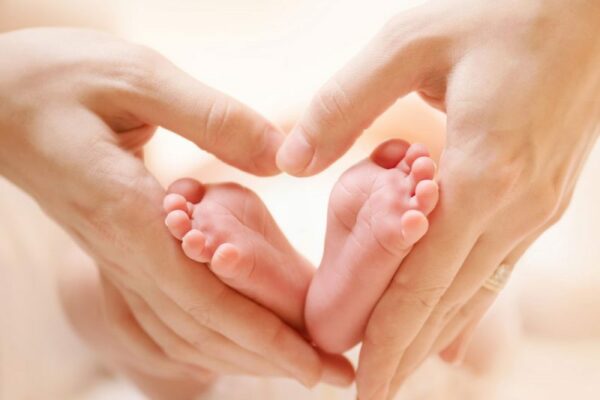What is surrogacy in fertility tourism?
BlogIntending parents on a fertility tour search for treatments, services and arrangements designed on highly sophisticated medical guidelines so that they can have a baby of their own with a third party participation. In this case, the baby is born from a woman in whom the fertilized embryo is impregnated by artificial means. If the biological father is incapable of producing healthy sperms, then sperms from a donor is used in the fertilization process. In either case, this third party woman normally doesn’t have any role in fertilization and production of embryos, but she lends her womb to nurture the embryos to a fully developed fetus ultimately giving birth to a baby. She does all this for a fee for her surrogacy services plus other compensation including food and accommodation arrangements. She chooses to do this because the biological mother of the baby is incapable of achieving pregnancy. The womb lending women is called the surrogate mother and her service is termed as surrogacy.
An agreement is signed between the intending parents on fertility tour and the surrogate mother to carry out the pregnancy and give birth to a baby in exchange for a stipulated remuneration plus compensatory expenses. The birth certificate, however, carries the names of the intending parents only and not the name of the surrogate mother.
Surrogacy is broadly classified under two heads which are gestational surrogacy and traditional surrogacy. In gestational surrogacy, the embryo produced in In-vitro fertilization technology (IVF) is transferred to the uterus of the surrogate mother who carries the pregnancy till the birth of the baby. The surrogate mother is in no way genetically connected to the baby born through surrogacy and is legally less complicated and socially an approved infertility solution procedure. In traditional surrogacy, the surrogate mother is directly impregnated either naturally or artificially. As a consequence, she becomes genetically related to the baby.
When pregnancy becomes medically impossible for intending parents or the pregnancy is life threatening for the intending mother, the parents on infertility treatment tourism tries to locate a clinic that can arrange a surrogate mother. The legal standpoint and expenses of surrogacy services vary from country to country leading to global surrogacy arrangements where the geographical barriers and legal disputes disappear.
Advancements in the field of medicine and infertility science and modifications in legal aspects and social attitude towards surrogacy have evolved much over time, and now this profession has a future market potential catering to the needs of the infertility treatment tourists. The clinics who operate as a media to locate the right surrogate mother for you maintain a comprehensive and extensive database where the names and contacts of young and healthy surrogate mothers are registered.
However, to get a certification of entry into this database would mean the surrogate mothers need to prove their merit by way of a very tough screening where her physical, emotional, medical and psychological potential would be put through a series of tests before she is declared fit as a candidate. All her personal records regarding family and medical history, level of education, hobbies, smoking and other addictions if any are stored in the database. A surrogate mother can be contacted anytime through the fertility treatment clinic, which acts as an active intermediary between her and the intending parents wherever she may reside in the world. Her latest updates are made available to clinic records through almost regular contacts. A surrogate mother is normally a healthy and young woman with a previous experience in surrogacy having at least one child of her own.
The important aspect of surrogacy in fertility tourism is the surrogate mother offers the surrogacy service willingly for remuneration plus other reimbursements including food and lodging. An agreement is entered between the mother and the intending parents specifying the terms of surrogacy with the clinic acting as the mediator undertaking all the functional procedures connected to the surrogacy service. Sometimes to enhance the chance of success, tourists on fertility tourism are offered an option of double surrogacy where two mothers are involved. If not both, at least one of the candidates is highly expected to get pregnant with the consequent delivery. The intending parents in such a case will have to fund both the cases.
